
China’s Coercive Tactics: ‘Punishment’ Military Drills Aimed at Taiwan
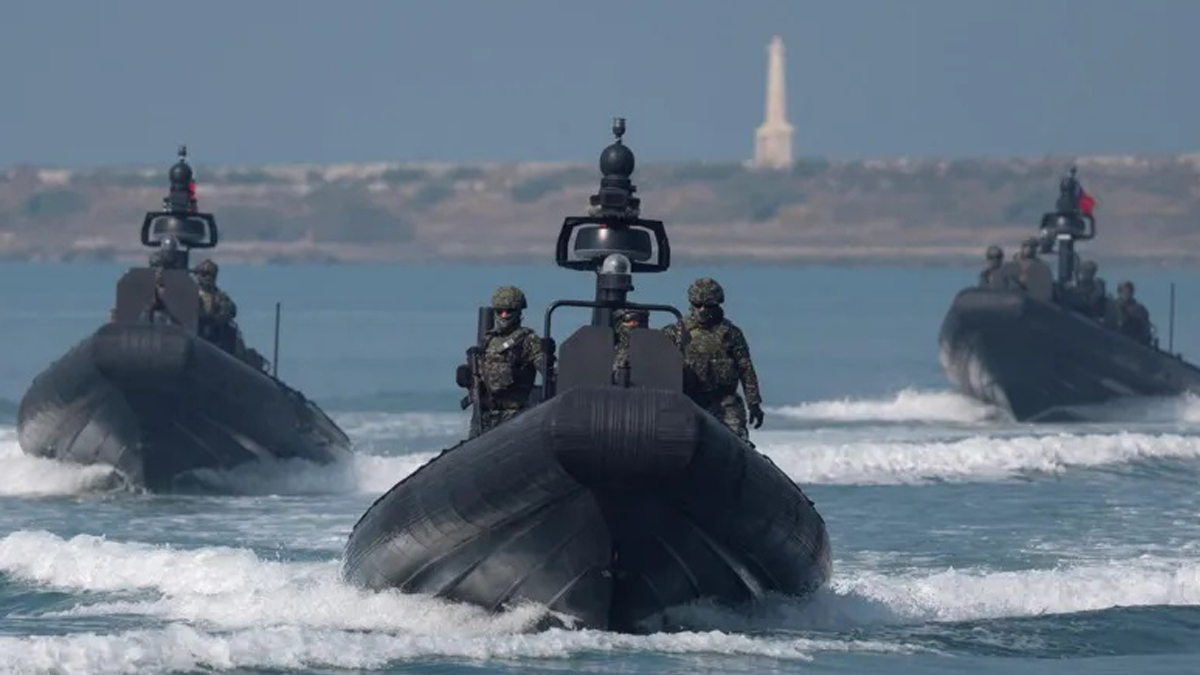
China’s aggressive posturing toward Taiwan reached alarming heights on Thursday morning as the Chinese People’s Liberation Army (PLA) initiated immediate military drills encircling the entire island of Taiwan. This provocative move comes hot on the heels of Lai Ching-te’s inauguration as president in Taipei, signaling Beijing’s disdain for the new leadership and its commitment to asserting dominance over the region.
The PLA’s maneuvers, dubbed Joint Sword-2024A, are a comprehensive display of force involving army, navy, air force, and rocket force personnel. Li Xi, a spokesperson for the PLA’s Eastern Theater Command, brazenly characterized these exercises as a “strong punishment” aimed at quelling what China perceives as separatist tendencies in Taiwan. This thinly veiled threat underscores Beijing’s increasingly aggressive stance toward the self-governing island.
The timing of these military drills is not coincidental. Lai Ching-te’s inauguration speech, in which he called for mutual recognition between Taiwan and mainland China, has irked Beijing. The Chinese government views Lai and his Democratic Progressive Party (DPP) as advocates for Taiwanese independence, a stance vehemently opposed by Beijing, which considers Taiwan an inseparable part of its territory.
This latest show of force is part of a broader pattern of coercion employed by China against Taiwan, further escalating tensions in the region. From provocative military maneuvers to maritime intrusions, China’s aggressive tactics pose a direct threat to the stability and sovereignty of Taiwan. Moreover, Beijing’s refusal to rule out military intervention to assert control over Taiwan underscores the gravity of the situation.
Taiwan’s Ministry of Defense has rightly condemned China’s actions, expressing regret over the irrational provocations that undermine regional peace and stability. The Taiwanese government has vowed to respond with vigilance, deploying sea, air, and ground forces to safeguard the island’s freedom, democracy, and sovereignty.
Meanwhile, China’s coercive tactics extend beyond military drills, as evidenced by the “comprehensive law enforcement exercise” conducted by the Fujian Coast Guard in waters surrounding Kinmen and Matsu. This move further exacerbates tensions in an already volatile region and underscores China’s disregard for international norms.
As Taiwan faces internal political challenges, with opposition forces attempting to push through controversial bills, China’s aggressive posturing adds another layer of complexity to the situation. The international community must stand in solidarity with Taiwan against China’s coercive tactics, reaffirming support for the island’s right to self-determination and sovereignty.
In the face of escalating tensions, it is imperative for all parties involved to exercise restraint and seek diplomatic solutions to resolve disputes. Any escalation of military confrontation risks destabilizing the region and jeopardizing peace and security for all stakeholders.


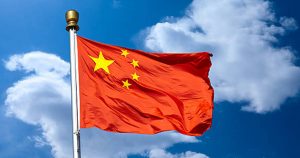



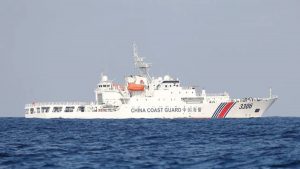
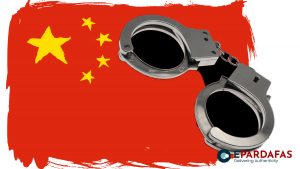





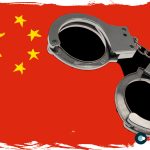
Comments